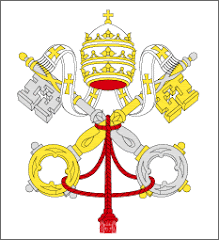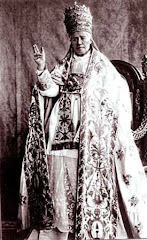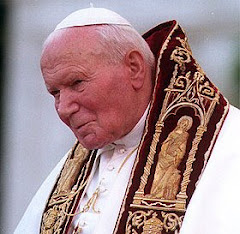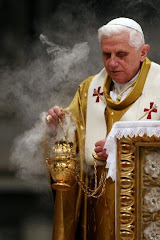In Part I of this topic, I wrote of the transcendent nature of play as that which is an expression of our nature as images of God. Developing this idea a bit further, speaking of the proper place of play within academia should be taken up.
Part I ended with the conclusion that play exists as a sort of signpost, and it is merely that. It reminds us of our ultimate end at which point we will exist in a state of timelessness, order, and perfect unity and justice. It also reveals our own sort of impatience. We want that higher existence now, not later. We even train our bodies to become better athletes and musicians in order to perfect performance with the hope that greater performance results in greater play. Greater play means greater anticipation and clarity of that world that we are seeking to imitate even if done so unknowingly. Play is our creative expression as images of God and is, thus, a gift from God that should reveal to us our true nature. But it is still just a signpost. It cannot and should not be the final destination.
As heaven is that final destination about which I write, then it is incumbent upon us to put every tool and gift God has given us to reaching that destination. This is not to say that we can somehow earn our salvation, rather it is an acknowledgement that God has placed us upon this earth to reach greater heights of holiness and love before He calls us to judgment. The most obvious gifts God has given us to reach greater knowledge of love of Him are our intellects and wills. Without them, we can neither know Him nor love Him, and this knowledge and love is expressed through the body. This reveals to us the role of education as that which forms the intellect to accept not only the truths of God’s creation which we call the sciences, but also that which the sciences were created to reveal – the wisdom and beauty of God Himself. Because the intellect informs the will, a well-formed intellect should lead to well-informed decisions, and thus a greater display of proper character. This is where play, especially the form seen in sports, is insufficient.
Is it, then, wrongheaded to believe that sports should play no role within academic institutions? I believe that it is. Because of the unifying effect of sports, it plays a role that cannot be filled by education alone, but it must be acknowledged that the role of sports within academia is only that of unification and, therefore, representation of the entire student body. Sports and other forms of play within schools are at the service of the greater good of education and the entire student body, not the other way around. They are meant to enhance education by fostering unity. Sports must be seen as the handmaiden of the gentle master that is education. This is the proper order that exists between play and education, and to stray from this is to inject within this system a principle of chaos. One begins to see the tail wagging the dog. Sports begins to demand service from education and sets itself up as an entity independent of the greater student body, seeking recognition beyond its calling. Rather than being a force for unity, it establishes itself as a source of divisiveness and even belligerence towards that which it must serve. This naturally becomes the mindset of those engaged in such play, and a culture which sees sports as the greatest good to the detriment of education is now at work. But the divisiveness doesn’t end there. If this is what the athletic world then begins to offer, then it must necessarily turn on itself, eating its own children. If its children are fed the same bitter food, then the children become divisive amongst each other, separating themselves from the good of team unity, seeking personal aggrandizement and grossly high pay for something that by its nature should neither demand nor deserve such things. This should also raise questions about the forms of play on which a school focuses. As mentioned before, there are forms of play such as music that seem to better reflect our human natures and that to which God has called us. Is it, therefore, intellectually consistent to uplift the lower forms of play while degrading the higher forms?
It is for the benefit of both academics and sports that the proper order be sought and eagerly embraced. To do otherwise would be to destroy both.
12 years ago



















No comments:
Post a Comment